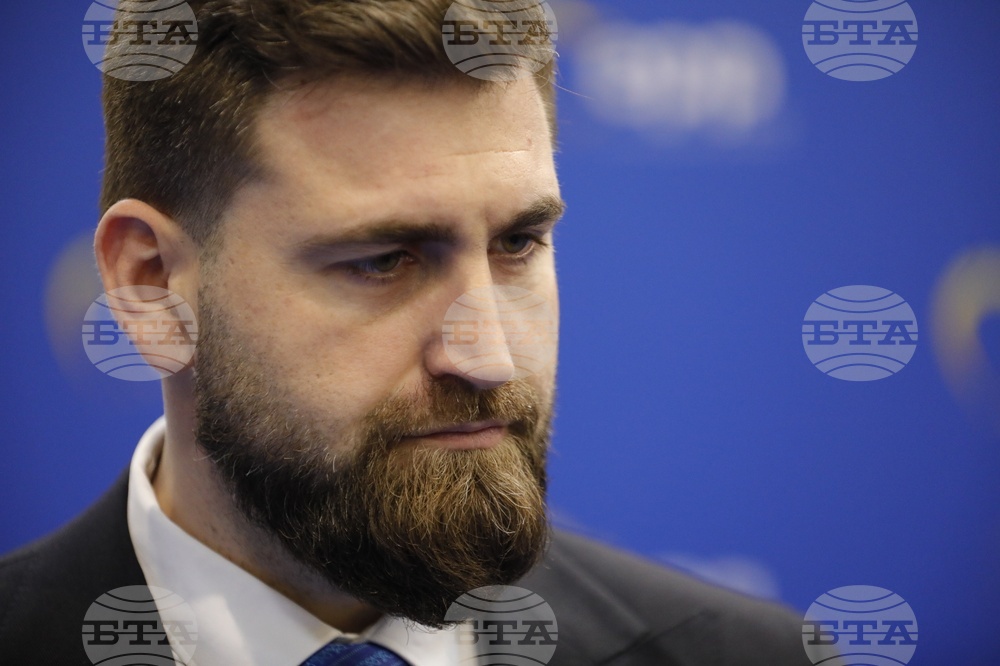BTA exclusive
![MEP Novakov: Date for Bulgaria's Schengen Accession by Land to Be Set in 2025]()
![MEP Novakov: Date for Bulgaria's Schengen Accession by Land to Be Set in 2025]() MEP Andrey Novakov (BTA Photo)
MEP Andrey Novakov (BTA Photo)
site.btaMEP Novakov: Date for Bulgaria's Schengen Accession by Land to Be Set in 2025


2025 is a deadline in which Bulgaria can expect a date to be set for its Schengen accession by land, MEP Andrei Novakov told the Bulgarian News Agency on Wednesday. He visited Bucharest for the congress of the European People's Party. Novakov expects that Austria will not soften its stance on full Schengen membership for Bulgaria and Romania until after the country's elections.
/NF/
news.modal.header
news.modal.text